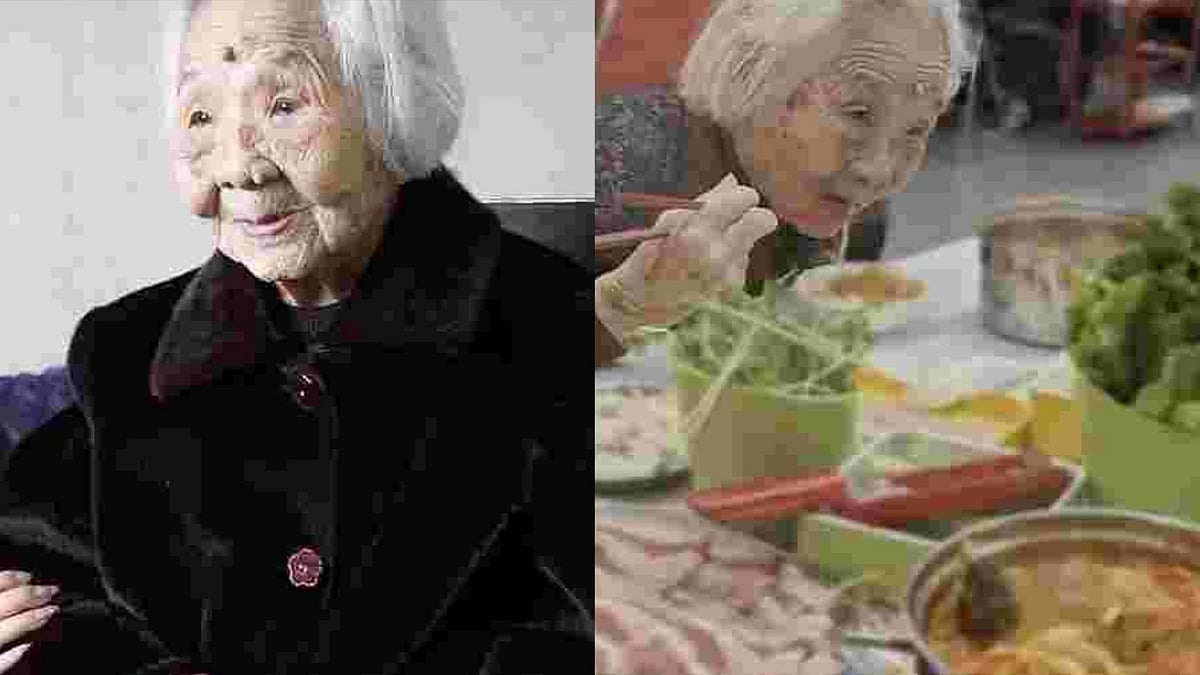Frozen shoulder, also known as adhesive capsulitis, is a condition characterised by pain, stiffness, and limited mobility in the shoulder joint. It typically develops gradually over time and can significantly affect a person’s ability to perform daily activities.
The exact cause of frozen shoulder is not fully understood, but it is believed to involve the thickening and tightening of the shoulder joint capsule, which restricts movement. This can occur due to various factors, including injury, underlying medical conditions, or prolonged immobilization of the shoulder.
Causes
Injury or trauma to the shoulder, such as a fracture or dislocation
Underlying medical conditions, including diabetes, thyroid disorders, or autoimmune diseases
Prolonged immobilization of the shoulder due to surgery, injury, or prolonged bed rest
Age and gender, as frozen shoulder tends to occur more frequently in individuals over 40 and women are more commonly affected
Symptoms
Gradual onset of pain in the shoulder
Stiffness and difficulty moving the shoulder joint
Limited range of motion, especially when lifting the arm or reaching behind the back
Pain worsens at night, interfering with sleep
Activities such as dressing, combing hair, or reaching overhead become challenging
Home Remedies
Applying heat or cold packs to the shoulder to alleviate pain and reduce inflammation
Performing gentle stretching and range-of-motion exercises to improve flexibility
Physical therapy to strengthen the shoulder muscles and improve range of motion
Using supportive devices, such as slings or braces, to provide stability and reduce strain
Sujok Therapy

Sujok Therapy can help improve the pain and range of motion in frozen shoulder. Apply dried peas seeds on the highlighted parts and stick with tape and then apply sticker moxa.
(Rajshree Vora is an obesity consultant, dietitian and nutritionist, Sujok therapist, counsellor, and yoga therapist. You can write to her at enquiry@rajshreeyoga.com)










